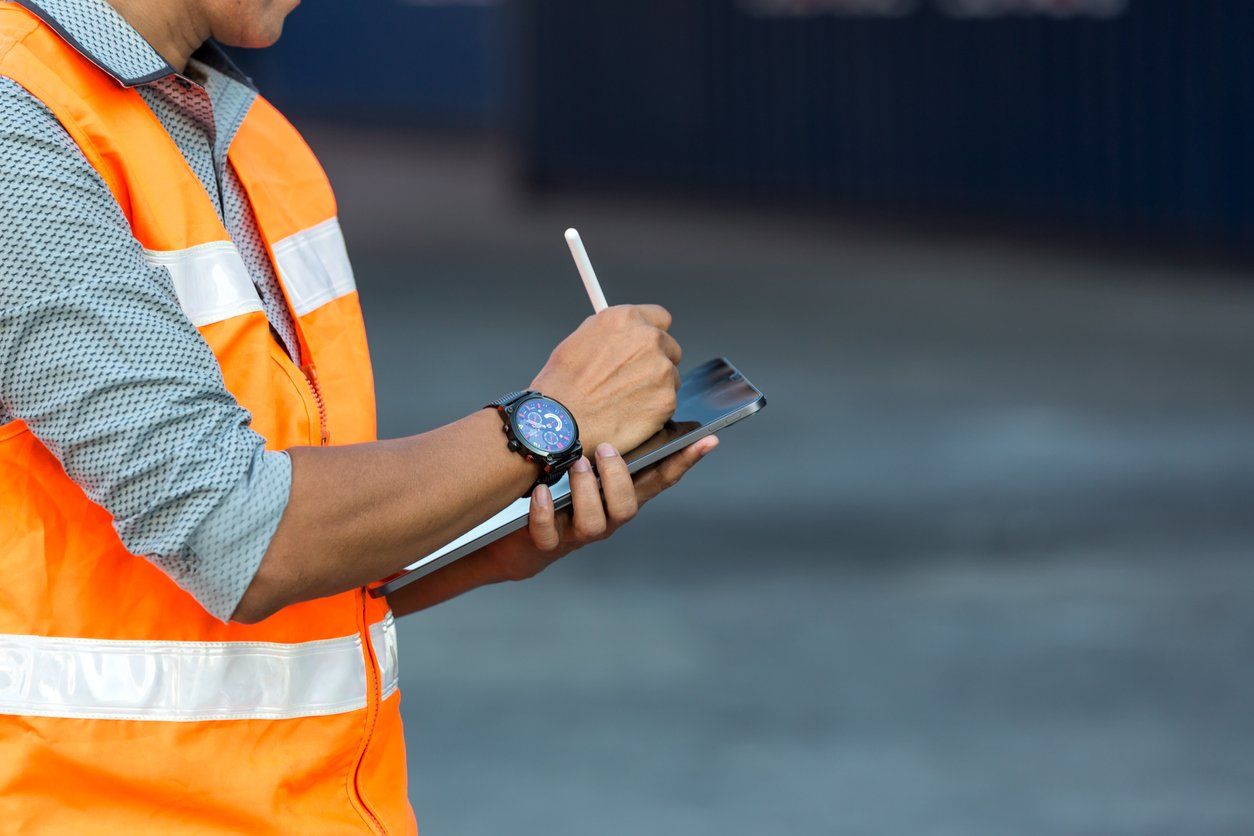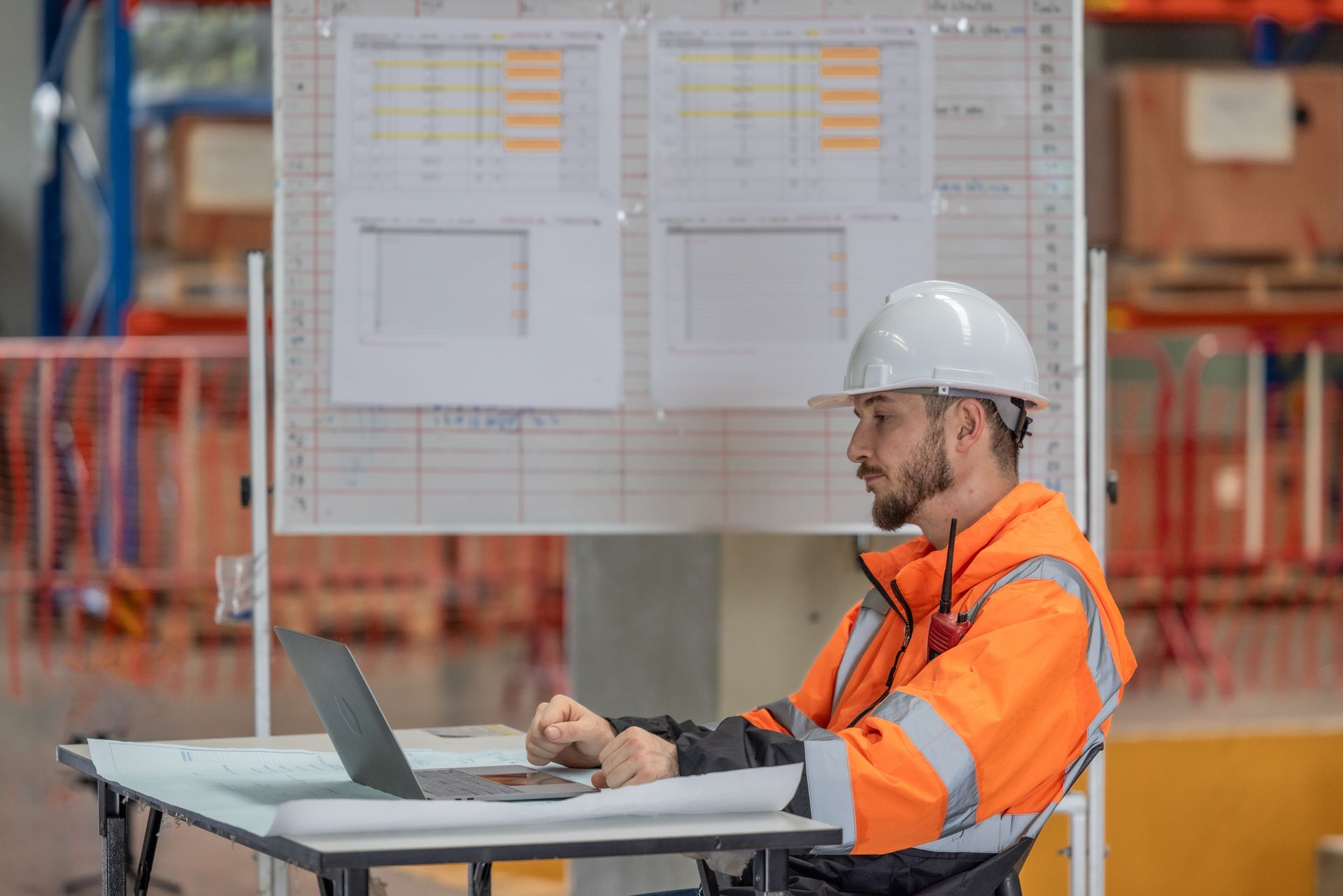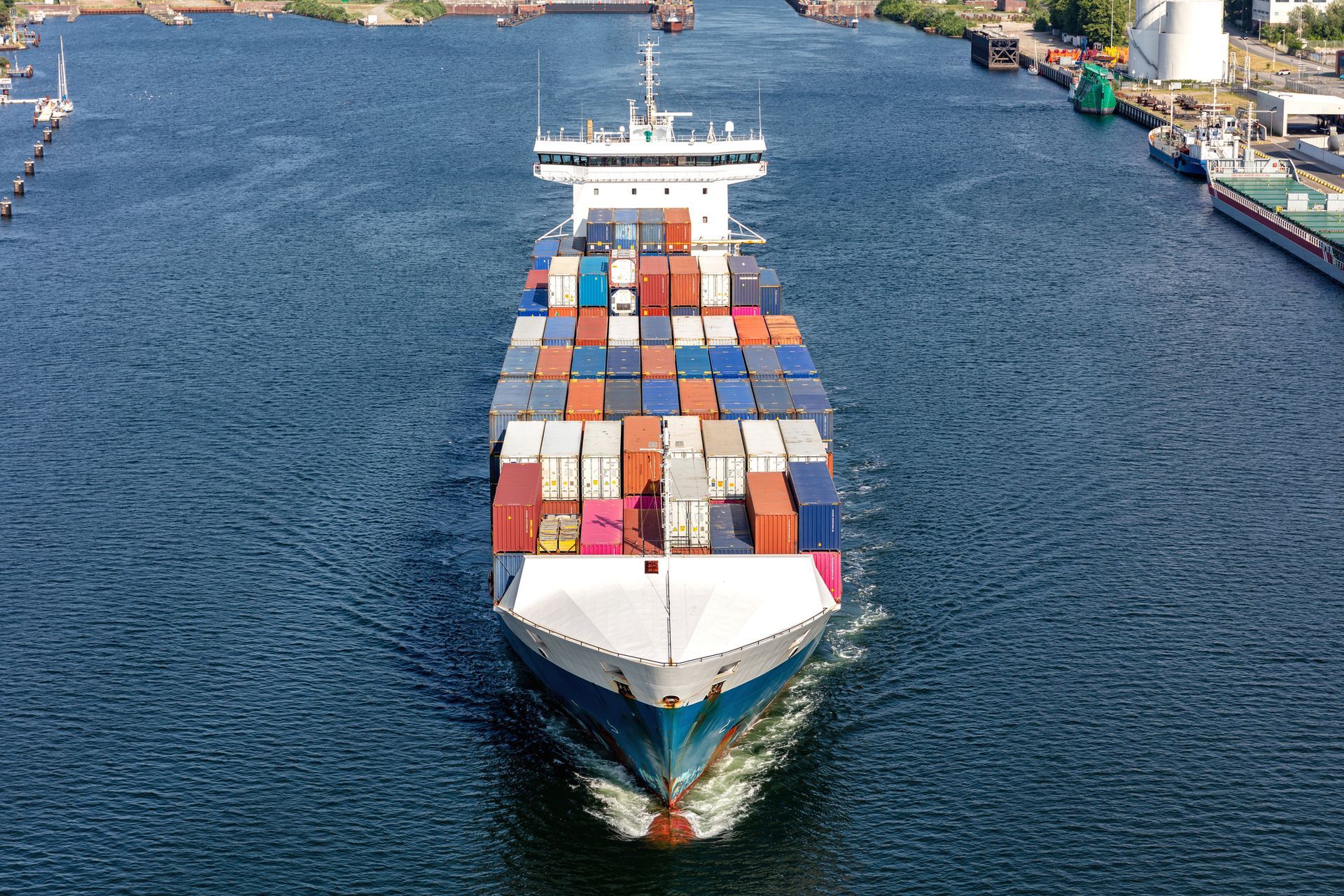
Have you ever wondered how foreign trade operations can be more efficient and less bureaucratic? The answer lies in the strategic work of the Foreign Trade Chamber (CAMEX), a member of the Government Council of the Presidency of the Republic.
By coordinating several bodies, CAMEX seeks to facilitate trade, reducing costs and promoting effective integration in administrative and customs processes.
The key word is efficiency, and CAMEX is a key piece in this puzzle, playing a crucial role in promoting economic development and expanding Brazilian exports.
In this article, we will explore CAMEX's central role in the foreign trade scenario, highlighting its activities, responsibilities and impact on decisions that shape the international business environment.
What is Camex?
The Foreign Trade Chamber, known as CAMEX, is an extremely important body within the Government Council of the Presidency of the Republic. Its main purpose is to formulate, adopt, implement and coordinate policies and activities related to foreign trade of goods and services, also covering tourism.
Within the broad context of foreign trade, several public administration bodies have powers related to this topic and execute specific actions and policies. To ensure cohesive and integrated government action, CAMEX assumes the responsibility of defining guidelines, coordinating and guiding the actions of these bodies.
Its role goes beyond mere coordination, extending to the need to be consulted in advance on relevant matters related to foreign trade, even if they involve acts of other federal bodies.
Which bodies make up Camex?
The composition of CAMEX is representative and reflects the scope and complexity of issues inherent to foreign trade. The Minister of State for Development, Industry and Foreign Trade (MDIC) presides over CAMEX, playing a central role in decision-making and conducting trade policies.
In addition, CAMEX has the participation of the Ministers of State, Chief of Staff; Foreign Affairs; Finance; Agriculture, Livestock and Supply; Planning, Budget and Management; and Agrarian Development.
What are Camex's activities?
The Foreign Trade Chamber (CAMEX) plays a crucial role in conducting foreign trade policies in Brazil. Its activities include the formulation, adoption, implementation and coordination of initiatives in both the trade of goods and services and the tourism sector.
The core of CAMEX's activities lies in the creation of strategic policies to drive development and efficiency in international trade relations. Its purpose is to ensure Brazil's global competitiveness by stimulating economic growth, attracting investment and expanding exports.
Among CAMEX's main responsibilities is the definition of guidelines that guide the actions of government agencies involved in foreign trade. In addition, the Chamber acts as a coordinator, integrating initiatives and strategies of ministries and government entities related to the subject.
The scope of CAMEX's activities is not limited to the trade of goods and services, but also extends to the tourism sector. Recognizing the interconnection of these areas, CAMEX emphasizes the importance of an integrated approach to promoting sustainable economic development.
What is the role of the Camex Foreign Trade Chamber in relation to Brazilian foreign trade?
CAMEX plays a fundamental role in promoting efficiency and streamlining foreign trade operations, aiming to reduce transaction costs for private operators.
The coordinated action of several agencies is aimed at facilitating trade, ranging from reforms of requirements and procedures to border management and international cooperation.
The Siscomex Single Portal is a concrete example of this effort, representing the integration of agencies in administrative and customs processes.
CAMEX is committed to the continuous improvement of the regulatory environment, promoting the use of good practices by the agencies involved. This approach seeks to ensure transparency, legal certainty and predictability in the business environment.
In terms of decision-making, CAMEX demonstrates its agility and concern for the dynamics of international trade. A notable example occurred in May 2023, when it approved the reduction and zero rate of Import Tax for 628 industrial machines and equipment not produced in Brazil.
To protect Brazil's commercial interests, CAMEX also plays a strategic role in defining guidelines for negotiations of foreign trade agreements, whether bilateral, regional or multilateral.
This approach aims to mitigate the risks associated with international agreements, providing economic and customs cooperation and investment facilitation. The result is a significant expansion of the internationalization of the Brazilian economy.
International trade: a challenge that requires a joint effort
When exploring the world of foreign trade, it becomes clear that we face complex challenges that require an integrated approach. In this context, CAMEX's strategic performance stands out as a crucial element for Brazil's efficiency and economic growth.
By coordinating various agencies and seeking to reduce bureaucracy, CAMEX not only reduces costs but also promotes effective integration in administrative and customs processes, paving the way for sustainable development.
The dynamics of international trade require cooperation and coordinated action, and CAMEX emerges as an essential facilitator in this challenging scenario.
Its pursuit of global competitiveness, attracting investment and expanding exports demonstrate its crucial role in building an efficient and promising business environment for Brazil.
Also, learn about the material that provides guidance on the transportation of dangerous goods in international trade.
Continue a navegar no blog da Allink

Mantenha-se informado sobre o comércio exterior
Assine nossa newsletter e receba atualizações semanais de forma gratuita sobre o mundo da logística.




